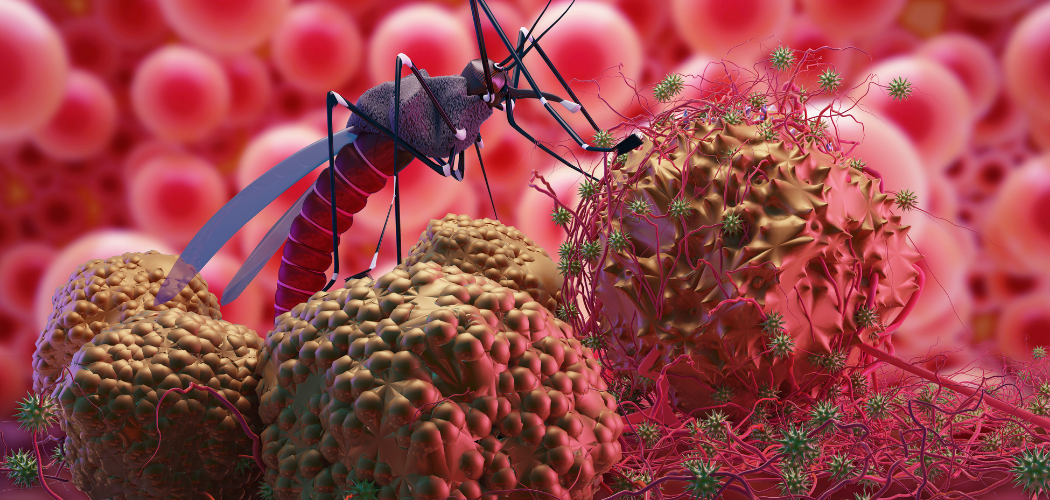Overview
Malaria- A disease caused by a parasite.
According to WHO's malaria report, there were approximately 241 million malaria cases and around 627 000 malaria deaths worldwide in the year 2020. This parasite spreads in humans by an infected mosquito bite. People suffering from Malaria usually face incredibly high fever and shaking chills.
Various world health programs help distribute preventive drugs and insecticides that help protect people from mosquito bites. Many parasites have even developed resistance to the common medications used to treat the disease.
What is Malaria?
Malaria is considered to be a life-threatening disease. The transmission occurs through the bite of infected Anopheles mosquitos. Malaria is generally caused by a single-celled parasite of the genus plasmodium. This parasite is released into your bloodstream when the mosquito bites you.
After entering the body, they travel to the liver and mature there. After several days, the mature parasites tend to enter the bloodstream. They start infecting the red blood cells and multiplying within 48 to 72 hours. The parasites continue infecting the red blood cells causing various symptoms that last two to three days.
What are the causes of Malaria?
This disease can occur if a mosquito infected with the Plasmodium parasite bites you. Four kinds of parasites can infect humans:
- Plasmodium Vivax
- Plasmodium Ovale
- Plasmodium Malaria
- Plasmodium Falciparum
The people who contract this disease by Plasmodium Falciparum are at a higher risk of death. An infected mother can also rent this disease in their child at birth, called congenital Malaria. Malaria is transmitted majorly by blood; hence can also be transmitted through:
- Transfusion
- Organ transplant
- Usage of the shared needles or syringes.
What are the symptoms of Malaria?
The symptoms of Malaria can be visible within ten days of your infection. In some cases, the symptoms may not be developed for several months. The commonly seen symptoms of Malaria are:
- Moderate to severe chills
- Headache
- Profuse sweating
- Nausea
- Abdominal pain
- Diarrhea
- Anemia
- Muscle pain
- Coma
- Convulsions
- Bloody stools
How is Malaria diagnosed?
Your doctor can quickly diagnose Malaria at the time of a physical checkup. If you have an enlarged spleen or liver, your doctor can quickly determine Malaria and recommend some other tests. It may further lead to various life-threatening complications as well like:
- Swelling of the blood vessels
- Accumulation of the fluid in the lungs causes breathing issues
- Organ failure
- Anemia due to destruction of RBC.
- Low blood sugar level
What is the treatment for Malaria?
Malaria can be life-threatening if the person is infected by P. falciparum. The treatment generally requires hospitalization. The doctors prescribe the medications according to the type of parasite you have.
In some cases, even the prescribed medications may not eliminate the infection due to the parasite's resistance to drugs. If this case occurs, your doctor may change your medications. It would help if you talked to your doctor regarding any long-term preventive measures.



 Login/Sign Up
Login/Sign Up





